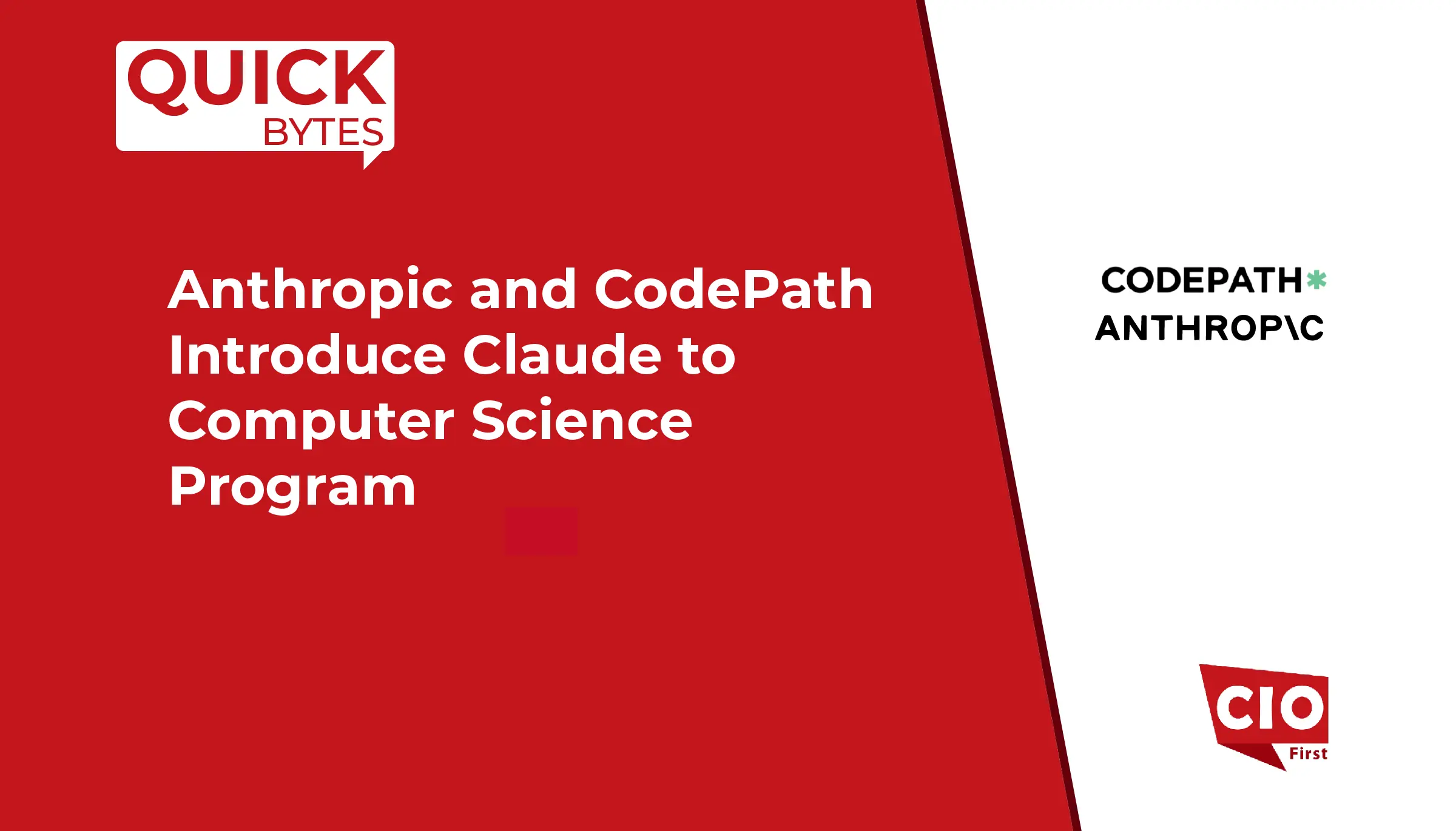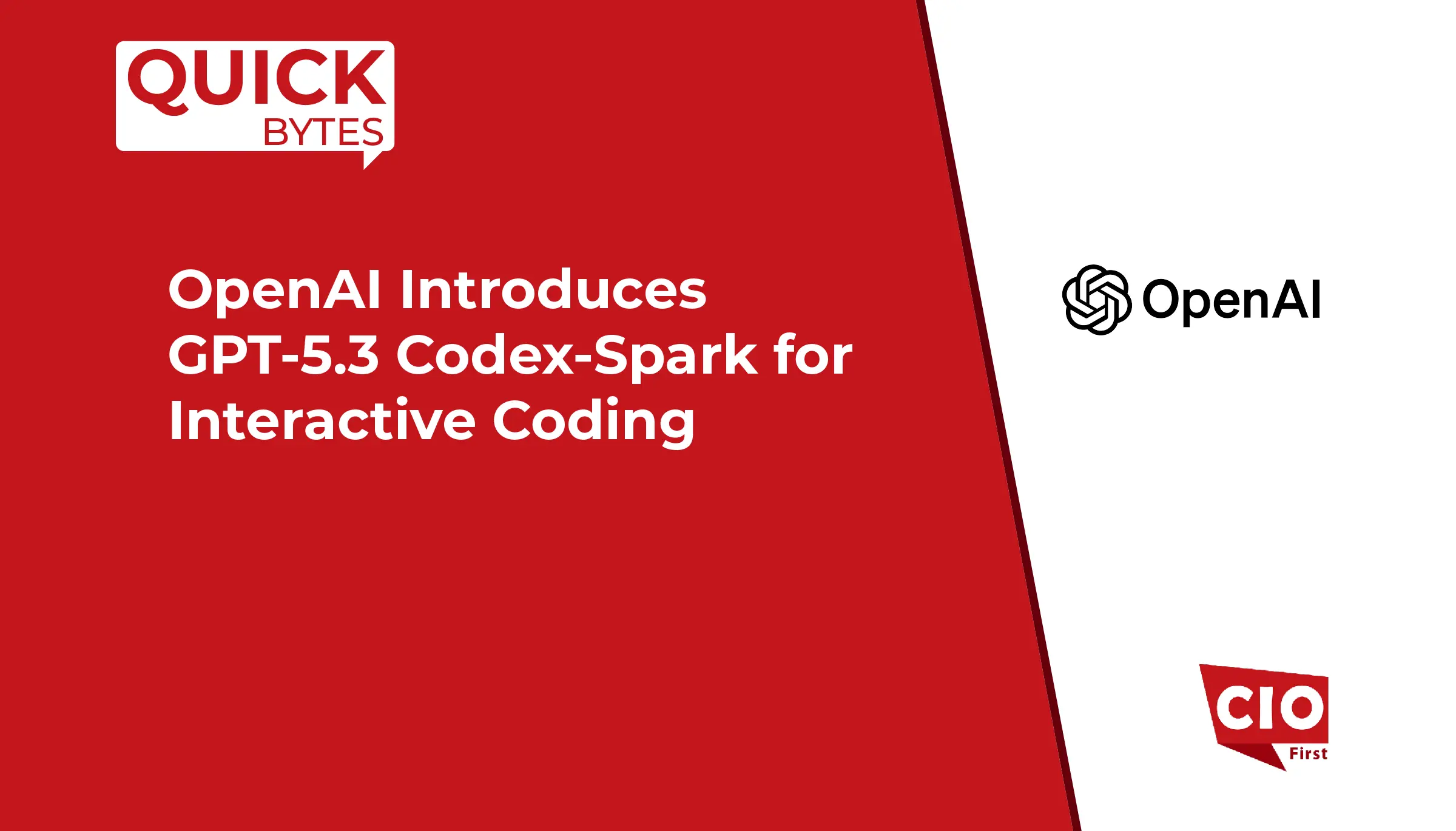WiMi Hologram Cloud Inc., a leading global Hologram Augmented Reality Technology provider, announced that it developed a blockchain-based asynchronous federated learning (BAFL). The framework combines blockchain technology and asynchronous learning mechanisms to build a federated learning environment that is both efficient and secure.
Blockchain, with its decentralization, immutability and transparency, has become an important means to guarantee the security of federated learning systems. In BAFL, blockchain records the history of each model update to ensure the integrity and traceability of model data and prevent malicious tampering. Meanwhile, the consensus mechanism of blockchain can identify and exclude abnormal behaviors and enhance the system’s ability to resist poisoning attacks.
Compared to traditional synchronous federated learning, asynchronous learning allows participating devices to flexibly upload model updates according to their conditions without waiting for all devices to complete a training round. This mechanism can significantly improve the flexibility and efficiency of the learning process, especially in environments with high network latency or limited communication between devices. The asynchronous learning mechanism avoids the limitation of waiting for all devices to complete training, speeds up global model aggregation, and can improve the overall learning efficiency. In addition, the asynchronous mode allows devices to participate in learning under poor network conditions or limited resources, which makes the system more adaptable and enhances its popularity.
Also Read: Spring Labs Unveils Zanko ComplianceAssist, Helping Financial Service Firms Ease Compliance
WiMi‘s BAFL aims to solve the problem of data silos and improve the efficiency of model training while safeguarding data security and privacy, which not only solves the inherent security and efficiency problems of federated learning, but also opens up a new path for the distributed training of AI models, and is expected to drive data-driven intelligent applications into a new stage of greater security and efficiency. The blockchain-based asynchronous federated learning framework also shows broad application prospects in various fields such as healthcare, finance, and smart manufacturing. For example, in the healthcare field, hospitals and research institutions, BAFL can be used to share medical record data for joint training of disease prediction and diagnostic models, while protecting patient privacy. In the financial sector, banks and financial institutions can use BAFL to train credit risk assessment models and improve the accuracy of risk identification while complying with data protection regulations. In smart manufacturing, industrial equipment manufacturers can use BAFL to optimize production processes and achieve predictive maintenance and quality control by analyzing data from different factories without fear of data leakage. In the future, BAFL will be a comprehensive technology ecosystem that involves collaborative innovation at multiple levels, including algorithms, hardware, software, policy and marketing.
SOURCE: PRNewsWire

























